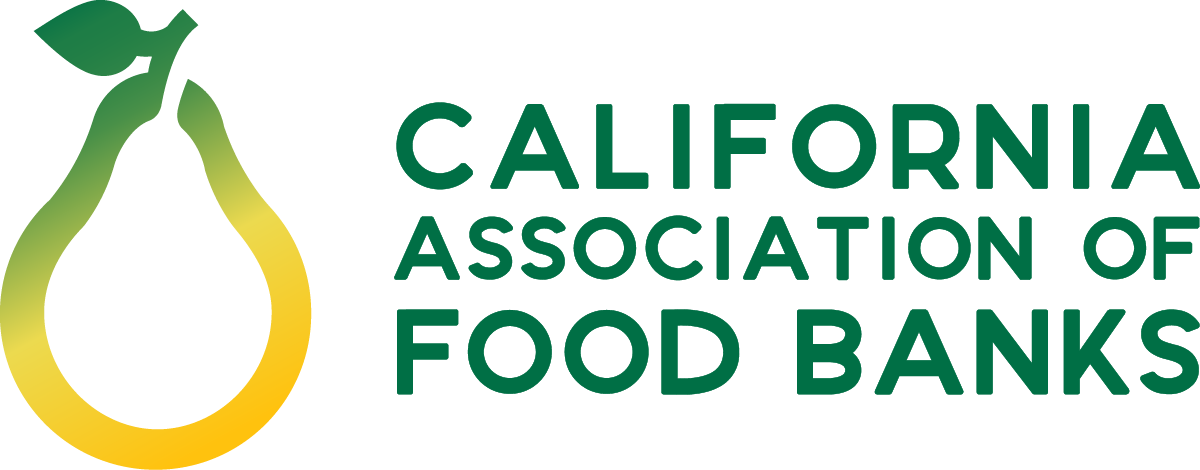June is a month of celebration and reflection, marked by both LGBTQ+ Pride and Juneteenth. It is a time to honor the progress made towards equality while acknowledging the ongoing challenges faced by marginalized communities. LGBTQ+ Pride is a time to celebrate the diverse identities and experiences within the LGBTQ+ community, and Juneteenth commemorates the emancipation of enslaved Black Americans in the United States, as well as highlighting the ongoing struggle for racial equality. At the intersection of these celebrations lies an important issue: hunger.
Food insecurity affects millions of individuals and families across California, regardless of their race, gender identity, or sexual orientation. Unfortunately, LGBTQ+ individuals often face disproportionate levels of food insecurity due to various factors, such as discrimination that leads to higher rates of poverty and unemployment. The same is true for individuals who are part of marginalized racial or ethnic communities: compared to White households (17%), food insecurity is far higher among Black (32%) and Latine (28%) households in California. The intersection of marginalized identities paints an even graver picture: the unemployment rate among transgender people of color (20%) was four times higher than the U.S. unemployment rate (5%) as of 2015.
Recent years have witnessed the introduction of harmful laws targeting LGBTQ+ rights, such as discriminatory religious freedom acts and restrictions on transgender individuals’ access to healthcare. So far in 2023 alone, more than 125 bills targeting transgender healthcare have been introduced. These discriminatory laws perpetuate a cycle of marginalization, contributing to higher rates of poverty and food insecurity within the LGBTQ+ community.
The federal debt ceiling agreement proposed late last month includes provisions that would cut SNAP (CalFresh in California) and Temporary Assistance for Needy Families (TANF, or CalWORKS in California) that low-income families and older adults rely on to meet their basic needs. The bill also includes a provision to expand the already punitive and ineffective ABAWD time-limit rule to include people aged 50-54. Putting a time-limit on food is cruel and hurts people’s ability to find and keep work, and perpetuates structural racism. These cuts will disproportionately affect people of color across the nation.
As we celebrate LGBTQ+ Pride and Juneteenth, it is crucial to remember that the fight for equality and justice must include combatting the systems currently in place that perpetuate hunger and poverty. CAFB, in partnership with our 41 member food banks, is committed to addressing the interconnected nature of hunger and working towards inclusive solutions that consider the unique needs of diverse communities. We continue to advocate for policies that address the root causes of hunger such as poverty, discrimination, and systemic inequalities. We are lucky to be able to celebrate the amazing diversity, resilience, and pride of our fellow Californians. Now and always, we are committed to our vision of a well-nourished and hunger-free California, where ALL people have enough food to lead a healthy life.
Statement on the Advancing Budget Reconciliation Proposing Deep Cuts to the Safety Net & Food Assistance
以一场有力而深刻的对话拉开 Food ACCESS 演讲系列的序幕
SB 1383 如何影响加州食品银行
#MemberMonday:Redwood Empire 食品银行
“农场联合”和“为饥饿家庭提供当地食物”的下一步计划是什么?
#MemberMonday:圣贝尼托社区食品银行
加州食品银行协会回应州长 2025-26 年 1 月州预算提案
关于国会通过一项不为 SNAP 盗窃受害者提供保护的持续决议的声明
从农场到家庭的新闻!
庆祝保罗·马斯及其 20 年的奉献精神

